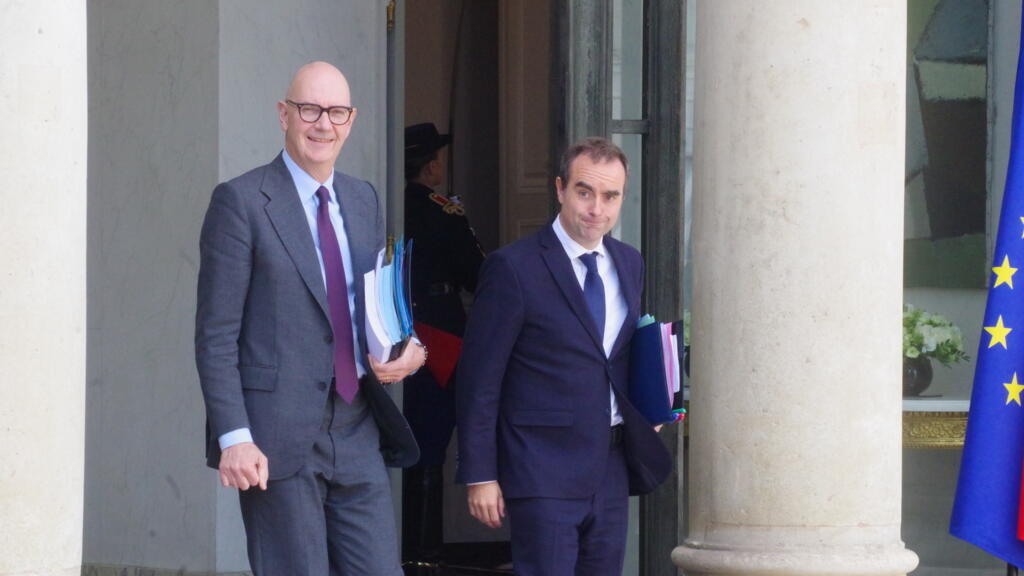
A fresh downgrade to France’s credit rating has sharpened calls for action in Paris, with ministers urging unity to get the 2026 budget over the line.
France’s economy minister has described a fresh cut to the country’s credit rating as “a wake-up call” for lawmakers to finally pass the 2026 budget, as political gridlock continues to cloud the economic outlook.
Roland Lescure told Franceinfo radio on Saturday that the downgrade by S&P Global was “an additional cloud to a weather report that is already quite grey”, urging parliament to rally behind the government’s draft spending plan.
The warning comes as France, one of the most indebted countries in the European Union, struggles to get its 2026 budget through a fractured National Assembly.
The political impasse has left President Emmanuel Macron’s administration juggling fiscal responsibility with the need to keep its fragile coalition intact.
France hit with credit downgrade as new government faces budget squeeze
Political stalemate and policy reversals
New Prime Minister Sébastien Lecornu, appointed earlier this year to steady the ship, has already scrapped plans to raise the retirement age – a move designed to calm public anger and woo opposition lawmakers. The tactical retreat appears to have paid off, at least for now, helping him survive two no-confidence votes this week.
But the financial markets are proving less forgiving. On Friday, S&P Global became the third major ratings agency in under a year to downgrade France’s credit status, lowering it from AA- to A+.
The decision follows a similar move by Fitch Ratings only days earlier, and a downgrade from Moody’s late last year.
In its assessment, S&P said “uncertainty on France’s government finances remains elevated”, reflecting investor concern about the pace of deficit reduction and the government’s ability to rein in public spending.
New PM Lecornu scraps holiday cuts as he seeks fresh start for France’s budget
A push to rein in the deficit
Despite the gloomy headlines, Lescure struck a note of resolve, saying the government’s proposed budget aims to trim the deficit from 5.4 percent of GDP this year to 4.7 percent by the end of 2026.
Under EU rules, member states are expected to keep their deficits below 3 percent of GDP and total public debt under 60 percent. France’s debt, at nearly double that limit, now ranks as the third highest in the bloc – behind only Greece and Italy.
Still, Paris insists that it can bring its finances back on track without sacrificing growth or core public services. The government has emphasised investment in innovation, defence, and energy transition as the keys to long-term stability.
For Lescure, the latest downgrade is less a cause for panic than a nudge to get France’s political class moving. “It’s a wake-up call,” he said – one that, with any luck, might just jolt parliament into action.
(With newswires)







